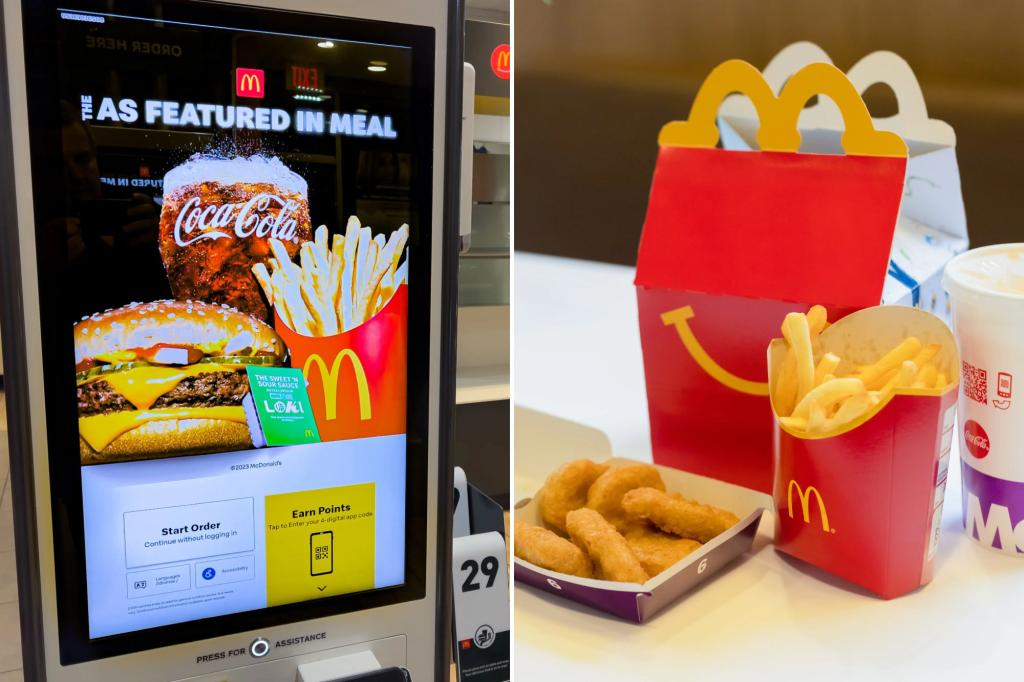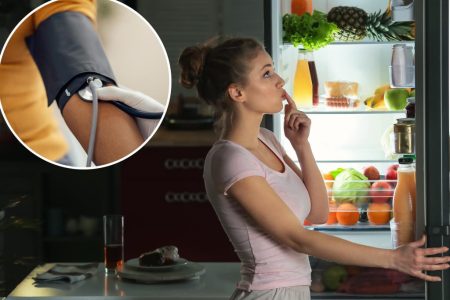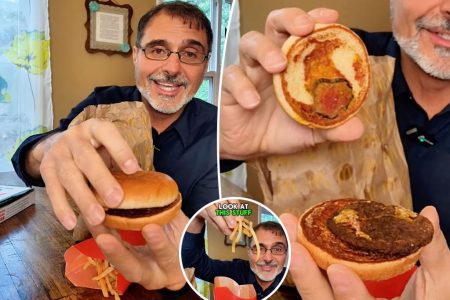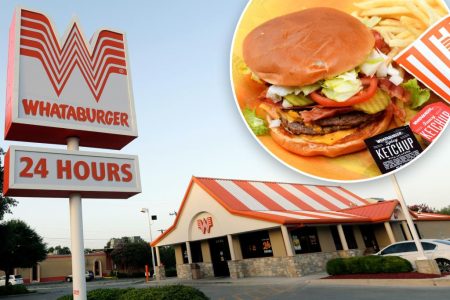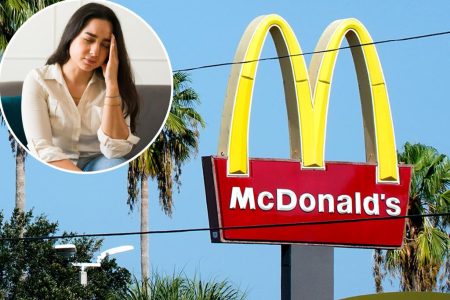Summarize this content to 2000 words in 6 paragraphs
Sometimes, the “value menu” is anything but.
Dining out at a fast food joint for a few bucks may be a thing of the past for most Americans in an age of soaring food costs — but higher prices haven’t stopped the country’s most popular burger brokers and taco traders from trying to run up your tab further still.
Anyone who’s walked in hoping for a sub-$10 check knows the drill — half the time, you’re walking out having spent nearly $20, if not more.
All your fault? Yes and no, according to the combo meal connoisseurs at The Takeout, who say it’s something called “charm pricing” that’s often to blame.
“Charm pricing might sound charming, but it’s anything but,” an in-house expert explained.
“This strategy is based on the idea that odd numbers are more trustworthy. If the price ends in an odd number, customers are more likely to purchase it. Odd numbers are also thought to be more memorable, which may help you recall and recommend products,” they said.
That’s why, the pros state, you’ll see so many items with a sale price ending in $0.99.
There’s also what’s known as the “left-digit effect” to battle against — if, say, a burger is being sold for $5.99, our eyes are trained to focus on the number to the left, which in this case would be 5.
“This can trick you into feeling like an item is less expensive. If you’re buying three items priced at $5.99, your brain might immediately assume the total is $15, when in actuality, it’s closer to $18,” the fast foodistas revealed.
The outlet cited a report published earlier by Statista to show that the fast food industry has been growing steadily for decades in the United States — citing a range of other reasons why the big names especially can’t seem to fail.
Loyalty programs that encourage return visits, social media advertising, and stores designed down to the tiniest detail to get you so come in, stick around and spend, were all mentioned.
The article also focused on the rise of branded mobile apps that are now being used by 15% of fast food diners — a number that’s expected to rise significantly in the future.
Dunkin’, for example, saw a massive jump in customer interest after a recent app upgrade, with 43% of customers saying the move meant they were more likely to visit the coffee and donut chain.
Apps for restaurants like McDonald’s and Chick-Fil-A can save customers a significant amount of money, even though these new tools also often rely on the same tricks used in-store to get customers to spend more of their hard-earned cash.
Research published by The Post in 2024 revealed, however, that it’s possible to cut your check total by as much as 50% using an app vs. ordering in store.
A deal in the McDonald’s app at the time, found in the NYC area, saved customers $6 when ordering two Big Mac’s — offering one for $6.29 and the second for $0.29, down from the list price total of $12.58.









